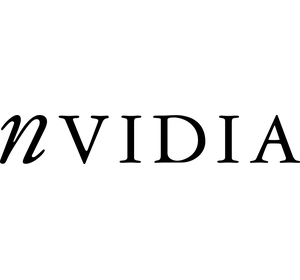$META $NVDA $IBM
#QuantumComputing #Meta #Nvidia #TechInnovation #AI #DeepTech #QuantumTech #JensenHuang #MarkZuckerberg #TechStocks #FutureTrends #Technology
Mark Zuckerberg, CEO of Meta Platforms, has voiced his agreement with Nvidia’s CEO Jensen Huang on the trajectory of quantum computing, calling the technology’s mainstream adoption “quite a ways off.” The alignment between these two tech leaders, both at the forefront of industry innovation, highlights the cautious optimism surrounding quantum computing’s potential. While many herald quantum technology as the next frontier in computation, Zuckerberg and Huang’s comments provide a grounded perspective, underscoring the significant technical, scalability, and financial hurdles that remain. Quantum technology, though promising for specific use cases such as cryptography, advanced simulations, and AI optimization, is still in a nascent stage. Meticulous research, robust infrastructure, and substantial investment are prerequisites before it can meaningfully contribute to commercial industries or capital markets.
This tempered outlook comes at a time when tech companies are racing to secure a foothold in the quantum domain. Nvidia ($NVDA), largely recognized for its GPU dominance and AI platforms, has been developing quantum-inspired computational solutions, while companies like IBM ($IBM) and Alphabet are significantly investing in quantum research and development. Meta Platforms ($META), on the other hand, has publicly focused more on AI and the metaverse but remains closely linked to advancements in computational technologies that support its growth. Huang’s statement, backed by Zuckerberg, may ultimately cool investor enthusiasm for speculative quantum-related companies but could shift the focus to hybrid solutions using AI and classical computing in the interim. The subdued outlook might also favor continued investments into AI frameworks, which face immediate applications and revenue-generation opportunities.
From a financial market perspective, the implications are noteworthy. Quantum computing stocks have occasionally generated speculative excitement, but Zuckerberg and Huang’s cautionary statements are likely to define a more realistic trajectory for future investor expectations. Already, shares of leading quantum players like IBM may react to tempered news of commercial delays. However, this development could bolster confidence in companies already delivering near-term technological returns, such as Nvidia, which is leveraging quantum-adjacent technologies while driving growth in AI. If more industry leaders echo this pragmatic timeline, equity markets may recalibrate their speculative bets and funnel capital into readily impactful technologies, diminishing short-term quantum euphoria.
While progressive breakthroughs continue, quantum computing will need significant strides in error correction, hardware scalability, and real-world integration to deliver its envisioned transformational capacities. Zuckerberg and Huang’s consensus serves as a reminder that technology’s future is often an evolution, not an overnight revolution. Their commentary signals the broader recognition within tech incumbents: innovation must not only solve complex scientific challenges but also align with sustained investment, ecosystem readiness, and a defined path to commercialization. For now, the confluence of AI, data processing, and classical computation appears to present immediate opportunities, making it a pivotal driver in shaping both industry strategy and investor sentiment in the years ahead.











Comments are closed.